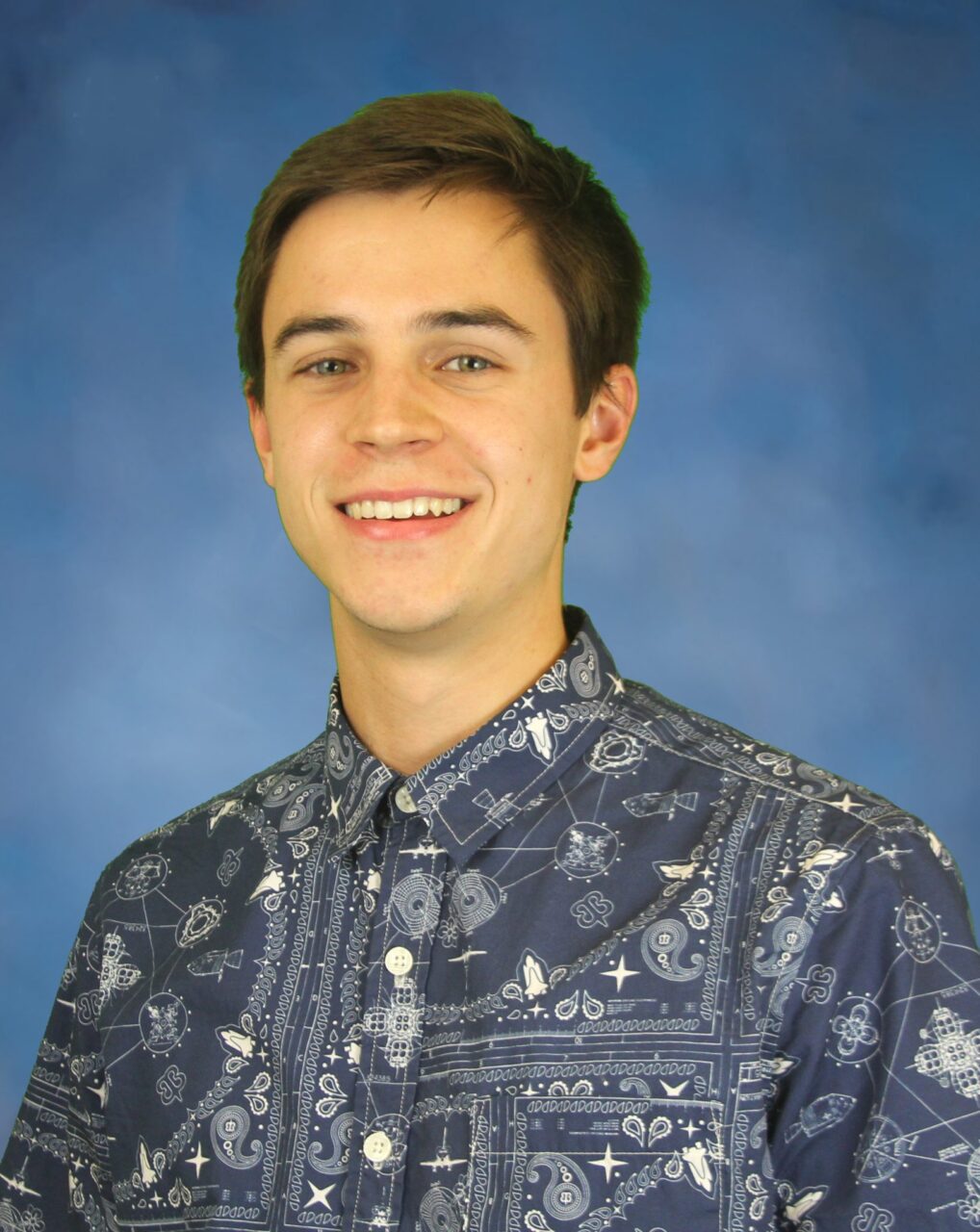
PSYONIC
PSYONIC’s mission is to deliver advanced, neurally-controlled prosthetic hands with more functionality and lower cost than state-of-the-art prostheses. By employing machine learning algorithms, our prostheses are able to recognize different patterns of muscle activity from the user’s residual limb. We will also have the first commercially available prosthesis capable of sensory feedback.
Start Up Info:
In the summer of 1994, co-founder Aadeel Akhtar met an amputee for the first time. She was a homeless child around his age, seven, living in poverty in Pakistan. As she approached him, begging for money, he became aware of their vastly different qualities of life despite their shared ethnic heritage. As Aadeel grew older, he realized that her situation was not her fault, but rather a lack of resources, be it financial, safety, or healthcare. There are over 11.4 million people in the world with hand amputations, with more than 80% in developing nations. Of that 80%, less than 3% have access to affordable prosthetic care. State-of-the-art prosthetic limbs that are controlled through muscles on the residual limbs, known as myoelectric prostheses, are priced between $15,000-30,000.
Our solution is a low-cost, rugged myoelectric prosthetic hand that incorporates intuitive EMG control algorithms to allow seamless transitions between grip selections and pressure sensors in the fingertips which prevents objects slipping from grasp or being crushed. This device and EMG control technique has been a subject of our research for five years which has resulted in four prototype iterations. With these prototypes and establishing research and business partnerships with the Rehabilitation Institute of Chicago, Scheck & Siress Prosthetics & Orthotics, the Center for Wounded Veterans at the University of Illinois, and the Range of Motion Project, a non-profit organization whose mission is to provide the world with a more equitable distribution of prosthetics, we have successfully field tested our prosthetic technology both locally in Illinois and in South America. These prototypes have encompassed an early hand design that included simplified EMG control methods which we used for initial testing with amputees in both Ecuador and the U.S.
INFORMATION
2015-2016
SERVICES OFFERED
Advising, Coaching, Co-Working Space, Workshops, Talks, and Capacity Funding
Meet the Team
Students, Innovators, Entrepreneurs, Leaders

Patrick Slade
BS Undergraduate, Mechanical Science Engineering
Connect With Me

Aadeel Akhtar
MD/PhD Student, Neuroscience
Connect With Me

Hafsa Siddiqui
BS Undergraduate, Computer Engineering
Connect With Me
